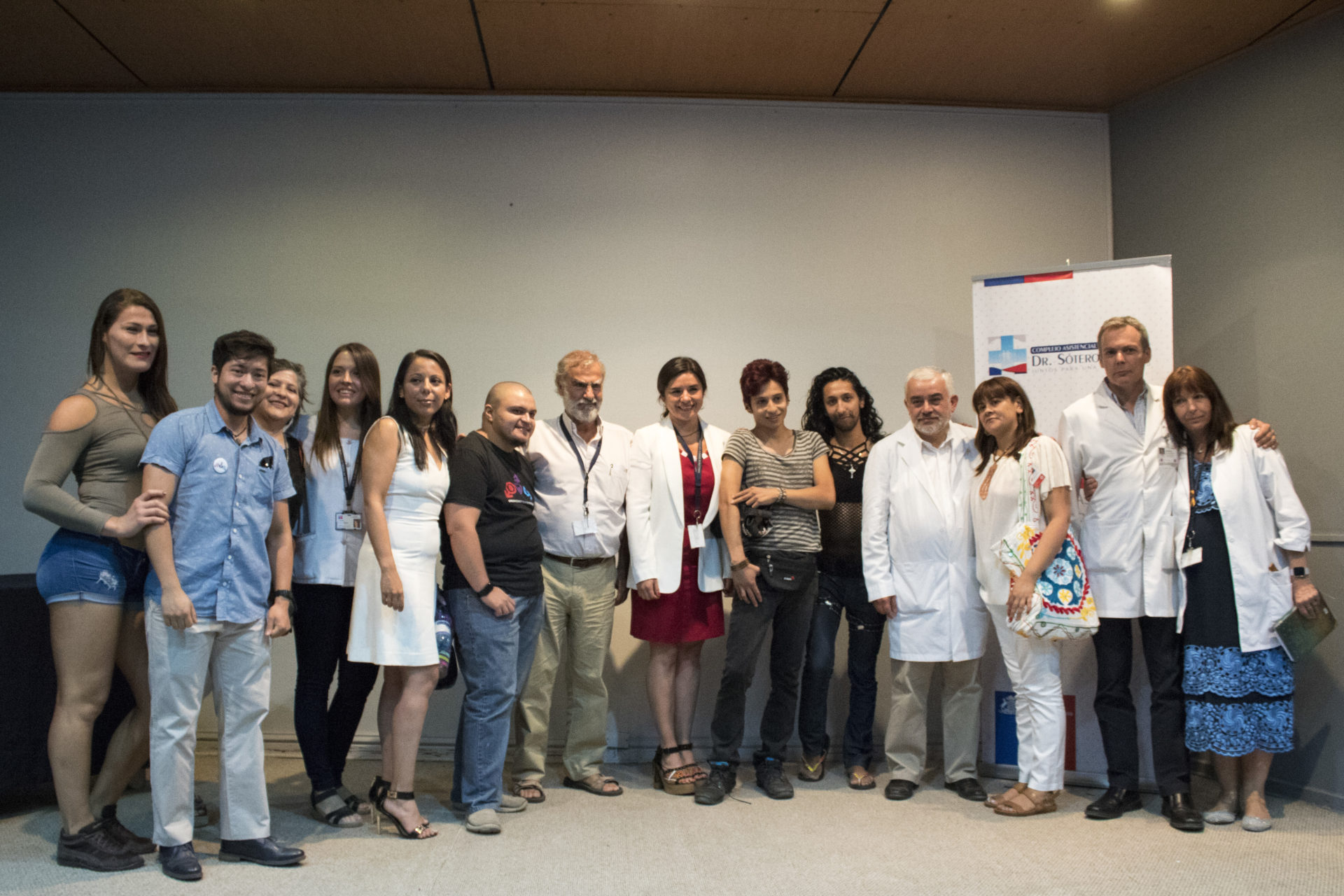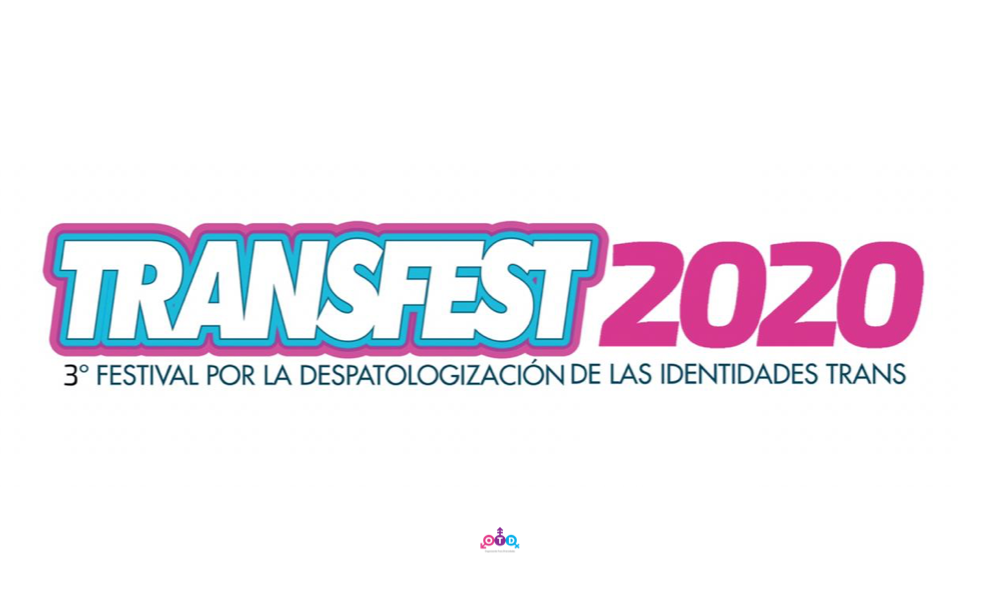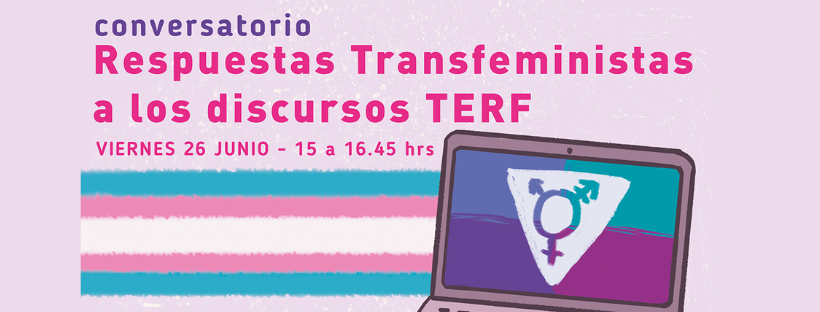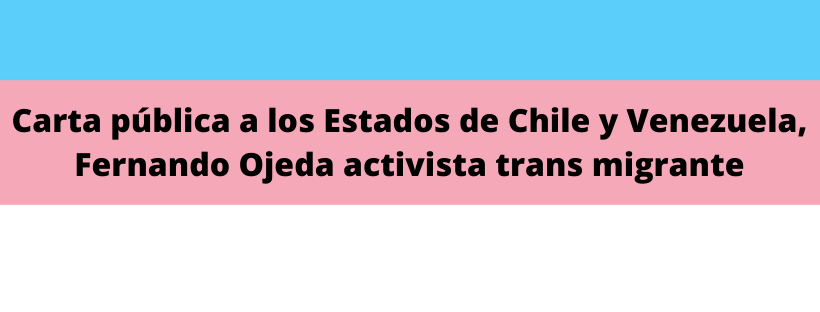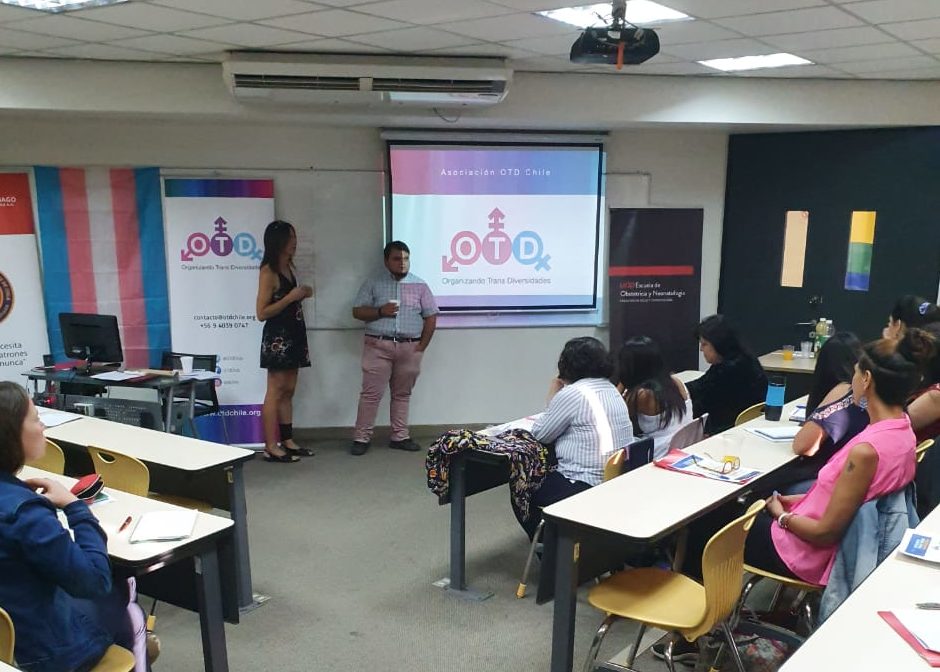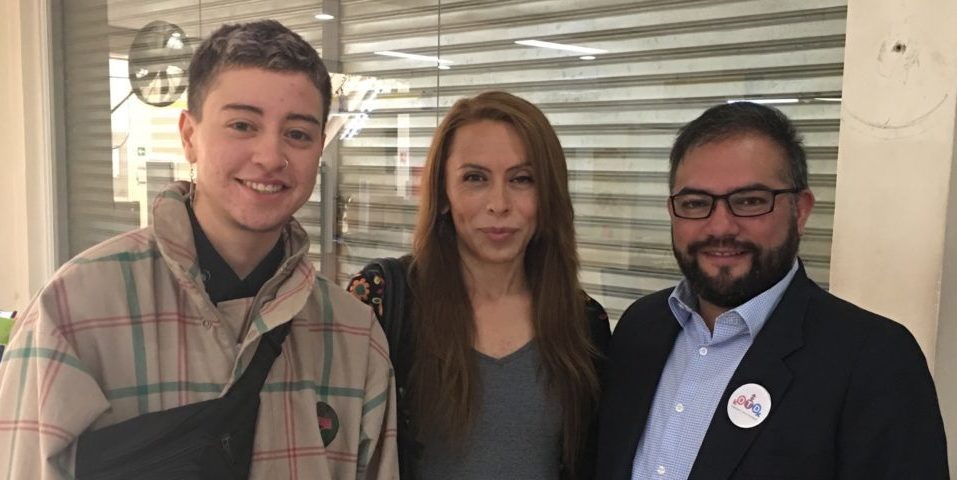Thanks to the Gender Identity program of Sótero del Río Hospital, officially launched last January and where approximately 160 trans people are treated today, the health establishment included in its computer system the category “trans person”, leaving aside terms such as dysphoria of gender, transsexuality or gender identity disorder.
The midwife of the health service Servicio de Salud Metropolitano Sur Oriente, Cynthia Aránguiz, who is part of the program team, says that it was a job of several months to make the change and that it involved a conversation about which were the most appropriate words. “Our idea has always been that you do not work from pathology.”
The change was made in the adult endocrinology agenda system and went from transsexualism to trans person. Before there were several diagnoses and, as the program existed, it was up to the professional to complete the diagnosis. This change was proposed by the program team to combine criteria, contribute to statistics and order hours of attention, as well as being an advance in the depathologization of trans identities.
“It is very difficult to demand a change from one moment to another, but the biomedical engineer, Giovanni Inostroza, is very committed to the issue and has helped us with the implementation of the program,” explains the professional. For the executive coordinator of OTD Chile, Michel Riquelme, this is a historic step forward for the community. “It is a demand that we have asked the health authorities for many years and they always denied it, again this shows that the issue of removing barriers in access to health for the trans people is a matter of political will.”
They hopes that this will be replicated in other health centers, especially because pathologization is a great burden that many people carry. “This is a sign of equality in daily treatment, that they begin to see us as equal as cisgender people. They do not have to classify us as people with any pathology or disease simply because we experience a gender transition.”
Finally, an advance that is now in process is to link the users of the program with the different Family Health Centers of the south-east zone so that they can access primary care and cover health needs that do not have to do with the gender transition. In addition, a new training for hospital officials on Sexual Diversity and Gender Diversity is planned for June.
